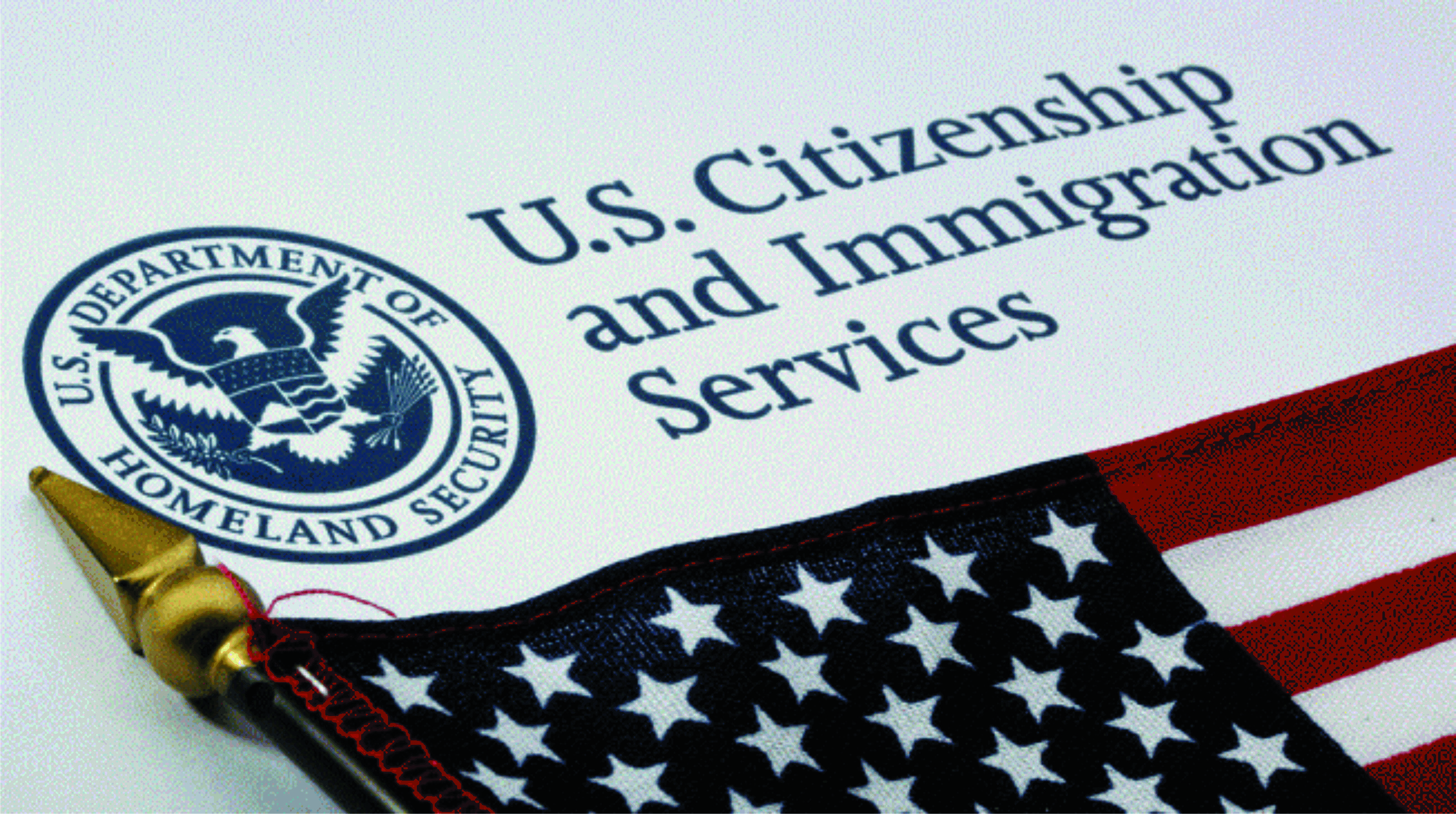Editorial
Nigeria And US Visa Ban

The United States President, Donald Trump, on January 31, 2020, signed a Proclamation titled, “Improving Enhanced Vetting Capabilities and Processes for Detecting Attempted Entry into the United States by Terrorists or Other Public-Safety Threats,” which places certain restrictions, limitations and exceptions on citizens of countries of identified concern whose immigrant entry would be detrimental to the interests of the USA.
Section 1, ‘Suspension of Entry for Nationals of Countries of Identified Concern’, in Proclamation 9645 as modified by Proclamation 9723 lists Nigeria, Eritrea, Myanmar, Tanzania, Sudan and Kyrgyzstan as nations with dangerous traits, and the proclamation takes effect at 12:01am Eastern Standard Time on February 21, 2020.
The US Government gave reasons for inclusion of the country in the list, saying, “Nigeria does not comply with the established identity-management and information-sharing criteria assessed by the performance metrics. Nigeria does not adequately share public-safety and terrorism-related information, which is necessary for the protection of the national security and public safety of the United States. Nigeria also presents a high risk, relative to other countries in the world, of terrorist travel to the United States. Nigeria is an important strategic partner in the global fight against terrorism, and the United States continues to engage with Nigeria on these and other issues.
“The Department of State has provided significant assistance to Nigeria as it modernises its border management capabilities, and the Government of Nigeria recognises the importance of improving its information sharing with the United States. Nevertheless, these investments have not yet resulted in sufficient improvements in Nigeria’s information sharing with the United States for border and immigration screening and vetting”.
The proclamation suspended the acceptance of Nigerians as immigrants, except as Special Immigrants whose eligibility is based on having provided assistance to the United States Government. It further clarified that the suspensions of and limitations on entry shall apply to Nigerians who are outside the United States; do not have a valid visa on the applicable effective date; and do not qualify for a visa or other valid travel documents under Section 6(d) of Proclamation 9645.
The US Government also noted that “The Secretary of Homeland Security, in consultation with the Secretary of State, shall on October 1, 2020, and annually thereafter, submit to the President the results of an evaluation as to whether to continue, terminate, modify, or supplement any suspensions of, or limitations on, the entry on certain classes of nationals of countries identified”.
It is, indeed, embarrassing that Nigeria has degenerated to this low ebb in its security management capability. Little wonder that the 2019 Global Terrorism Index ranked the country third only after Afghanistan and Iraq, and just below Syria, Pakistan, Somalia, India and Yemen. This is unfortunate and unacceptable.
The Tide joins millions to express serious concerns over the fate of Nigerians who may wish to travel to the US as immigrants while this ban remains in force, and urges the President Muhammadu Buhari-led Federal Government to put in place citizenship integrity management mechanism to address deficiencies in the national identity database, and save Nigerians from the stigma of being seen as anonymous citizens.
It is regrettable that Nigeria doesn’t have readily accessible records of its citizens, and anybody can, therefore, claim to be a Nigerian. It is shameful that in West Africa, Nigeria has the worst identity management data system, and has no standard records to be sure that anybody carrying a Nigerian passport is actually a Nigerian.
It is shocking that the Buhari-led government was officially notified of the US Government’s position since March 11, 2019, and it did not deem it important to remedy the deficiencies before the hammer fell. We, therefore, see the US action as a wake-up call on the Federal Government to take proactive steps, and make functional and verifiable records of birth and death registration and identification of Nigerians, while placing priority attention on the national identity (card) management project, which has hardly captured up to 20 per cent of eligible Nigerians on the NIMC database.
With the crucial fight against terrorism, banditry, kidnapping, among others facing serious challenge, we think that it is in our national interest to implement specific reforms that validate information about Nigerians and facilitate information sharing, identify lost and stolen passports, and make tracking of individuals’ activities easier in line with global best practices.
We call on the Minister of Interior, Rauf Aregbesola-led presidential committee on the US travel restriction to immediately ensure the streamlining of citizens’ personal data managed by different organisations such as National Identity Management Commission, Nigeria Immigration Service, financial, educational and health institutions to make coherent information retrieval possible. We charge the team to ensure stricter border control mechanism to check the influx of illegal aliens from neighbouring countries to avoid infiltration of Nigeria by terrorists and criminal elements.
While we are relieved by the fact that the suspension does not apply to other US visas such as those for official, business, tourism and student travels, we insist that the restriction of the issuance of ‘immigrant visa’ to Nigerian passport holders amounts to a vote of no confidence in the Nigerian Government and institutions.
This is why we task the Aregbesola team to transparently work with US authorities, INTERPOL and other stakeholders to ensure the review of updated US requirements and proper implementation of right reforms necessary to trigger the lifting of the suspension of and limitations on Nigerians intending to travel to the US as immigrants by October 1, 2020, when the next evaluation is expected to be submitted to the US President. This is a task that must be done!
Editorial
AFCON ’25: Bravo, Super Eagles, But…

Editorial
Fubara: Celebrating A Leader At 51

Editorial
Beyond Accessing Bonny By Road


